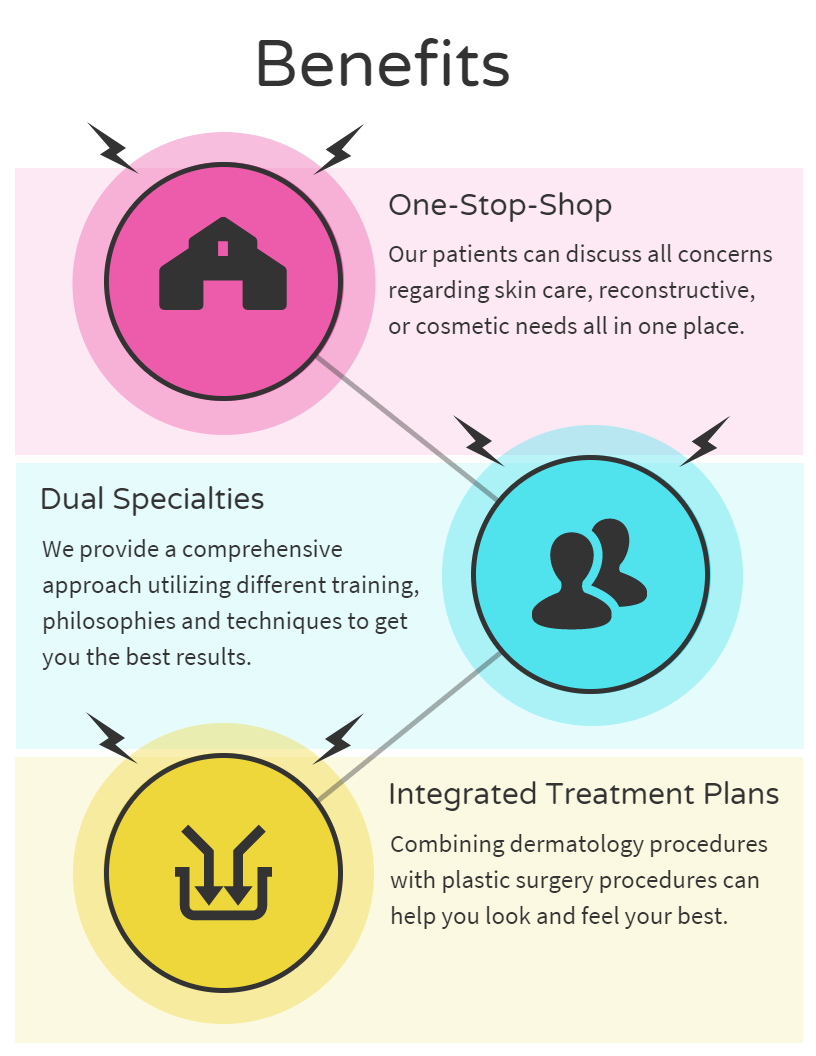You might believe that indulging in delicious chocolate or greasy foods is the source of your acne, but that's simply one of lots of misconceptions swirling around this typical skin problem. As a matter of fact, acne mainly stems from clogged up hair follicles, not your last dessert. Misunderstandings like these can lead you to take on inefficient skincare techniques that may also intensify your situation. As you navigate the truths behind acne, you'll find understandings that can change your approach to skincare and help you achieve clearer skin. So, what really exists underneath Highly recommended Reading ?
Common Myths About Acne
When it comes to acne, lots of people believe in typical misconceptions that can cause complication and frustration. One widespread myth is that eating delicious chocolate or oily foods creates acne. While diet can influence skin wellness, the direct link in between specific foods and acne isn't as clear-cut as lots of assume.
An additional common misconception is that you should scrub your face intensely to clear up outbreaks. In truth, aggressive scrubbing can irritate your skin and get worse acne.
You could likewise believe that acne just impacts teens, but grownups can experience it as well, typically due to hormone changes or anxiety. Some people assume that sun tanning can clear up acne, but sunlight exposure can in fact lead to skin damages and get worse breakouts in the future.
Last but not least, lots of believe that making use of extreme products will remove acne swiftly. However, these items can remove your skin of its natural oils, resulting in enhanced irritation and even more outbreaks.
Scientific Information Behind Acne
Comprehending the clinical truths behind acne can encourage you to tackle this typical skin disease more effectively.
Acne occurs when hair follicles come to be blocked with oil, dead skin cells, and bacteria. This process often begins with an overproduction of sebum, the oil your skin normally produces. https://www.healthline.com/health/cosmetic-surgery/mini-tummy-tuck , particularly during adolescence or menstruation, can activate this excess oil.
Germs referred to as Propionibacterium acnes grow in these clogged pores, leading to inflammation. When your immune system responds, it can trigger redness and swelling, causing those bothersome pimples or cysts.
Genetics likewise play a role; if your moms and dads had acne, you might be much more prone to it.
Diet and anxiety levels can influence acne as well, but research is still developing in these locations. While indulging in greasy foods won't directly cause outbreaks, a balanced diet plan can sustain your skin health.
Furthermore, taking care of anxiety can lower hormone changes that might worsen acne.
Tips for Taking Care Of Acne
Handling acne efficiently requires a mix of everyday skincare practices and way of living changes. Start by establishing a constant skincare regimen. Cleanse your face twice a day with a gentle, non-comedogenic cleanser to remove dust and excess oil. Stay clear of scrubbing as well hard, as this can aggravate your skin and worsen acne.
Next, integrate great post to read having salicylic acid or benzoyl peroxide to aid protect against breakouts. Always follow up with a light-weight, oil-free cream to keep your skin hydrated. Do not forget sun block; go with non-comedogenic options to protect your skin from UV damage without obstructing pores.
Past skincare, pay attention to your diet regimen. Limit sugary and oily foods, and concentrate on fruits, vegetables, and entire grains. Staying hydrated is crucial, so drink a lot of water throughout the day.
In addition, take care of stress with tasks like yoga exercise, meditation, or workout, as anxiety can trigger breakouts.
Lastly, prevent selecting or popping acnes. This can lead to scarring and further swelling. If your acne lingers, consult a skin specialist for tailored treatment alternatives.
Conclusion
Finally, it's important to different reality from fiction when it involves acne. By unmasking common misconceptions, you can much better recognize your skin and make notified choices for your skin care routine. So, why continue to believe in obsolete ideas when the reality can encourage you? Accept healthier practices, focus on mild cleaning, and bear in mind that managing acne is a journey. With the right understanding, you're one step more detailed to more clear, much healthier skin.
